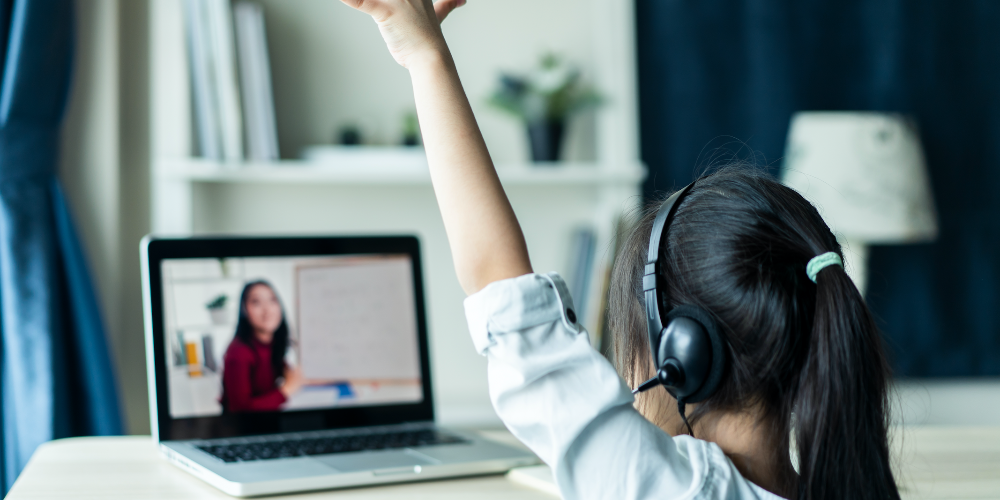As a new school year gets underway around the country, in a variety of modes and settings, we’ve been thinking a lot about the challenging, critical work of educators. The 2020-21 school year brings with it unprecedented levels of disruption and challenge and we salute the millions of educators nationwide that show up every day to do right by their students despite these challenges. We’d like to share a few of our hopes for the upcoming school year, along with resources you can take away to apply to your practice. This first post is all about English Language Arts; we’ll follow it up with a post about mathematics.
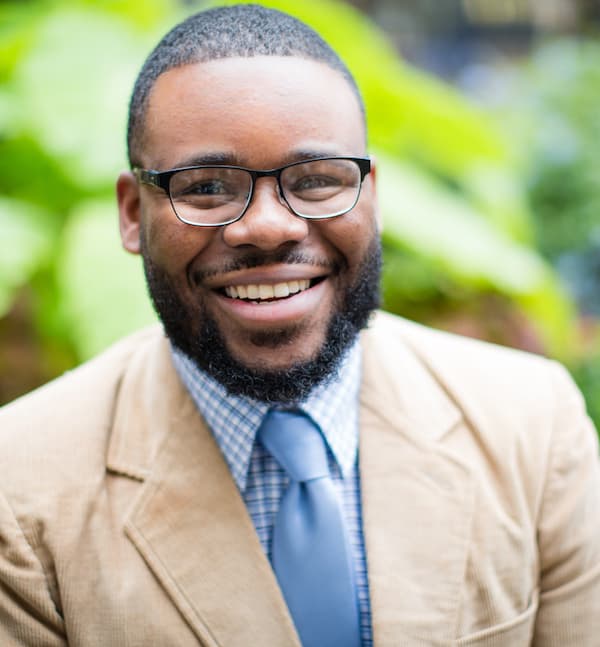
Brandon White: My hope is that the mental health of students, teachers, and principals is advocated for and protected during the pursuit of a quality education during these challenging times. Additionally, I hope that the mental health advocacy for the adults with systemic privilege isn’t achieved at the expense of student mental health. True co-learning and co-planning across age and across roles can allow for all people to receive the mental health support we need. This may involve eliminating biases, having courageous conversations, and engaging in radical re-imagining of what high-quality education looks like.
Resource: New Teacher Center Toolkit – (R)evolutionizing Relationships
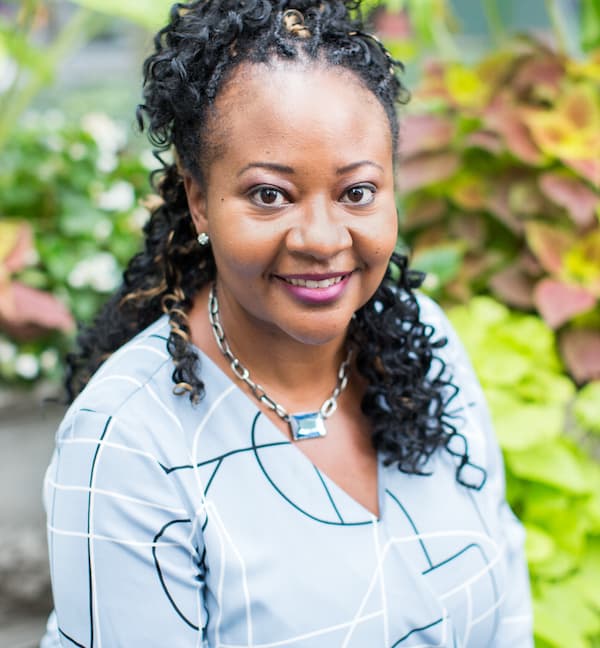
Andrea Hancock: With so much uncertainty about the impact of this pandemic on education, I hope school leaders provide instructional guidance and support to bring a level of virtual certainty and consistency. Teachers will benefit from their leaders engaging in the planning, delivery, and coaching cycles necessary to ensure all students, especially those from marginalized backgrounds, are getting the daily doses of equitable instructional practice they deserve. This looks like school leaders actively participating in collaborative planning sessions. This sounds like leaders talking with teachers about their instruction in a deep way—by attending class sessions, not only to do formal observations, but to also give feedback in real time for how to prioritize the focus of instruction.
Resource: 2020–21 Priority Instructional Content in English Language Arts/Literacy and Mathematics
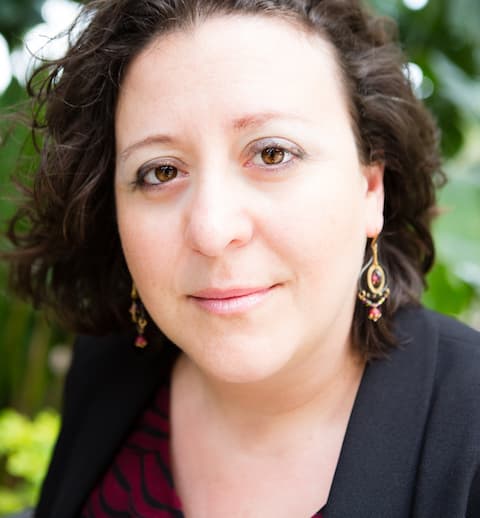
Amy Rudat: As we try to manage teaching our children during this pandemic, both in school and out, with hybrid models, tablets and other novelties, it may not feel like the time to take more risks. More likely, it may feel like the time to lean on our past experiences and what we believe has worked most of the time. My hope is that teachers can push past that feeling and take the risk of providing grade-level instruction to students, even remotely. My hope is that teachers look at their units and lessons and think, “Let’s dream big and go deep.” Let’s make sure all students are included. Let’s ask the ESL teachers how they address interrupted schooling; after all, they have been working on this issue their entire careers. Let’s believe in our students, because they really need us in their corners right now—not to sympathize, but to support.
Resource: Addressing Unfinished Learning After COVID-19 School Closures
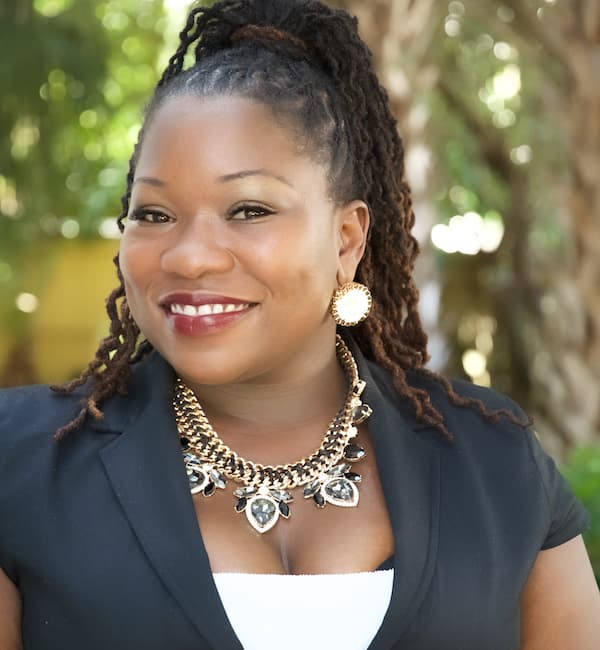
Shakiela Richardson: While engaging in this relatively new virtual learning space, I hope educators lean on the tenets of culturally relevant pedagogy. The current social climate has magnified racial disparities for students of color; educators can use this as an opportunity to infuse relevant political issues and adapt meaningful lessons into their curricula. By using their instructional power, educators can empower students to take ownership of their learning and redress systems of inequity within their own communities. To affirm student cultural and academic identities, educators must first be courageous enough to examine their inherent biases and utilize their positional power to challenge the status quo.
Resource: “But That’s Just Good Teaching” by Gloria Ladson-Billings
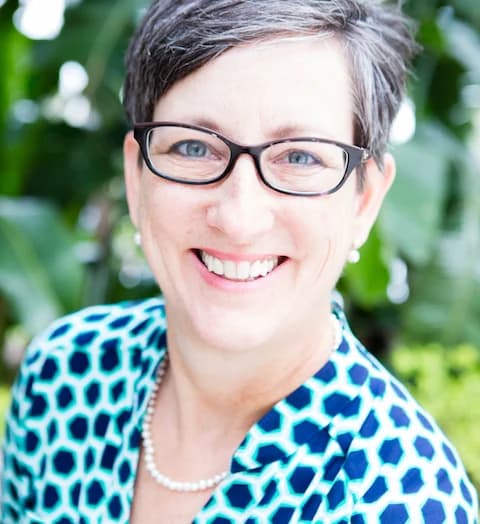
Alice Wiggins: In many ways, the spring and summer have required educators to try new things to make a challenging situation workable. One observation I’ve made is that educators are recognizing a need to slow down pacing and be more explicit with instruction. My hope is that this shift is real — that in trying to understand digital delivery, the field recognizes the need to dissect lessons beyond the “doing” and “activities” for a focus on the intended learning and the teaching it will require. When we shift our focus to teaching and learning we begin to recognize elements of the lesson and activities that aren’t essential to the learning. As we say at UnboundEd: Justice is found in the details of teaching and learning(™).
Resource: Principles of Instruction: Research-based Strategies that All Teachers Should Know
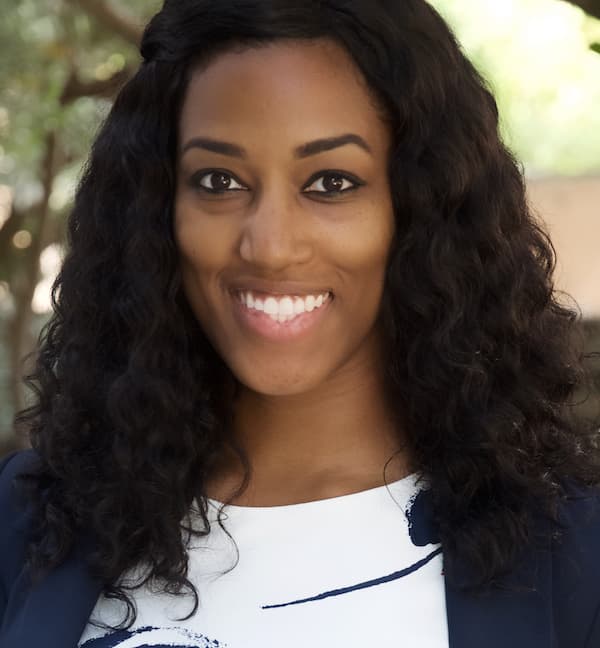
Sierah Tyson: With the shifting demands in education, I hope educators give themselves grace and mercy. For many this will feel like the first year of teaching because it is the first full-year teaching during a pandemic (remote or hybrid learning). Time has always been scarce in the classroom but now it is important to focus on the most important learning so that the limited time with students is meaningful, engaging and affirming. Wondering how to make the most out of your lesson? Our UnboundEd Planning Process can help provide the answer!
Resource: The UnboundEd Planning Process
Our love and support to all educators during this unprecedented start to the school year. Drop us YOUR hopes and helpful resources on Facebook or Twitter using hashtag #HopeEd!
